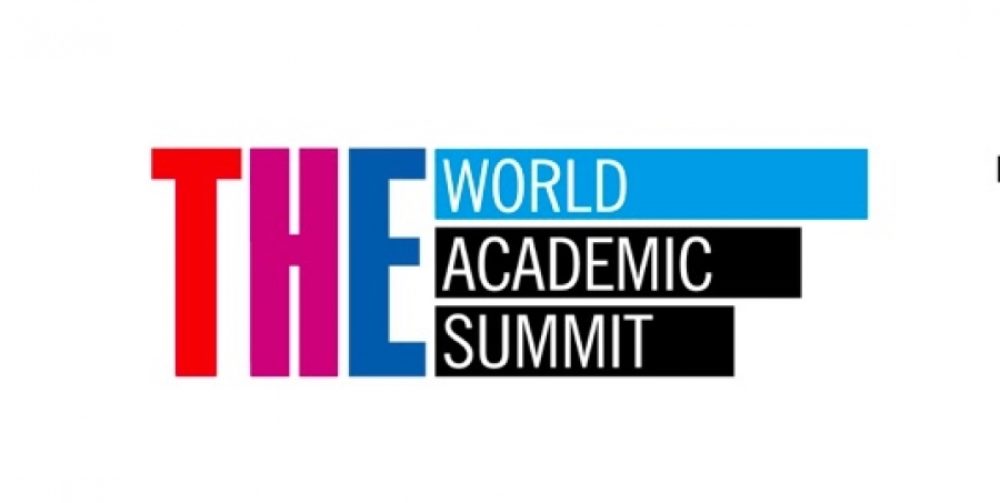Are universities training enough students in AI? Is research done in the right areas with respect to societal needs? And, what ethical questions do advancements in AI raise? These were some AI-related questions being tackled at the 2018 Times Higher Education World Academic Summit in Singapore hosted by National University of Singapore. APRU’s Secretary General, Dr. Christopher Tremewan, contributed to AI-related conversation by highlighting APRU’s AI-related projects.
The meeting addressed the topic of university graduates’ workplace readiness facing a future of job automation. At the breakfast meeting held on September 27th, focusing on the role of research universities in advancing artificial intelligence, moderated by Anders Karlsson, Vice President, Global Strategic Networks of Elsevier, Dr. Tremewan pointed out the underlying conditionality of the technological age before elaborating on APRU’s collaborative initiatives with international organizations in helping prepare for a tech-centric future.
“We don’t know the jobs that will appear in this new technological age, yet we still demand job-ready graduates, which raises some important questions,” said Dr. Tremewan.
APRU’s involvement in APEC Project DARE (Data Analytics Raising Employment) was a response to APEC’s policy goals on human capital development, while APRU-The New York Times Public Policy Student Case Competition 2018 encouraged students to apply quantitative and qualitative analytical skills to critically evaluate the fast-evolving landscape of AI to ensure an equitable share of AI research and development benefits, and to further mitigate associated risks.
Dr. Tremewan emphasized on the importance of using international networks, such as APRU, to mirror the complexity of cross-border issues focusing on collaboration and global crises to identify the global common good, such as the UN SDGs, under a heightened geopolitical climate.
In terms of the ethics and issues around algorithmic bias, APRU’s policy partnerships with Google intend to engage a wider audience in the in-depth discussions on issues of AI across Asia-Pacific region. AI for Everyone: Benefitting from and Building Trust in the Technology project looked at issues of AI governance, its impact on the Asia Pacific and how society could maximize AI-tech’s potential for an equitable future. APRU and Google’s second project, Transformation of Work in Asia Pacific in the 21st Century, analyzes the impact frontier technologies, such as AI, have on the future of work and will produce a comprehensive joint report with policy recommendations to governments and institutions. Project outputs will be disseminated widely to inform policy makers, governments and institutions on developing solutions and policies and to broaden the discussion on automation.
From mobility to health, artificial intelligence is influencing our everyday lives. It’s essential in stimulating interdisciplinarity, encouraging applied thinking, and fueling creative solutions to complex real-world problems. Across sectors, leaders face key challenges in understanding this ever-expanding field to make the right investments, recruit the right talent, and more. The breadth and depth of research output from universities make them well-positioned to connect the efforts of government, industry, and society.
2018 Times Higher Education World Academic Summit is a forum where bright minds gather to exchange innovative ideas and new knowledge to facilitate the global economic and societal advancement.

